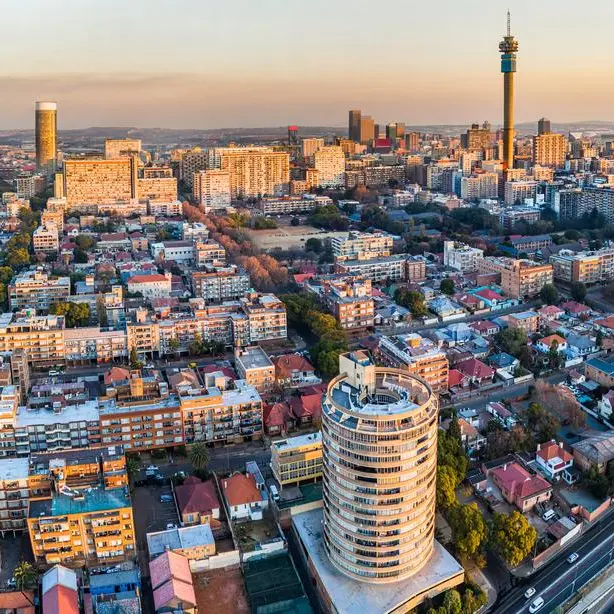PHOTO
Business conditions in Egypt's non-oil economy remained under strain from inflationary pressures, energy rationing, import restrictions and weak demand at the end of the third quarter, according to the latest data from S&P’s Global Egypt Purchasing Manager’s Index (PMI).
The report showed further declines in private sector business activity, with the score for operating conditions in September remaining unchanged from August at 47.6 - anything below 50.0 indicating deteriorating business conditions.
S&P said the decline in the private sector was driven by sharp drop-off in client demand amid high prices and growing uncertainty.
“Subsequently, businesses continued to reduce their purchasing activity and inventory holdings. Despite this, firms retained an optimistic view towards output growth in the year ahead and continued hiring activity, though sentiment was weak by historical standards.
“Unfavourable exchange rate movements against the US dollar, and price hikes for a range of inputs led to a quicker increase in overall input prices in September.
“Firms responded by lifting their selling charges,” the report said.
Shreeya Patel, Economist at S&P Global Market Intelligence, said: “Non-oil activity in Egypt continued to suffer from weak demand, geopolitical tensions and surging inflation in the final month of the third quarter.
“The energy crisis - brought about by Russia's war on Ukraine - led to sharp uplifts in energy costs and the introduction of energy rationing policies. At the same time, unfavourable pounddollar exchange rate movements added to already steep price pressures.”
While conditions are deteriorating, they are doing so at the weakest rate for seven months, the report added, although business contractions have now continued for 13 consecutive months.
Firms indicated that energy rationing, part shortages and weak demand weighed on output, and exports fell for the second month in a row, at the steepest rate for more than two years.
The report said vendor performance deteriorated once again with lead times now lengthening in each month since November 2021, with delays linked to restrictions at ports and material shortages.
However, on the employment side, headcounts rose for the third month in succession, but, the rate of increase was marginal and eased slightly from that seen in August.
Backlogs rose fractionally and the outlook for future business activity in the non-oil sector improved from August's near-survey low.
“That said, sentiment was still far below the long-run trend level and among the weakest in the series history. Firms that registered optimism mentioned hopes that macroeconomic conditions would improve in the coming months,” the report concluded.
(Writing by Imogen Lillywhite; editing by Seban Scaria)




















